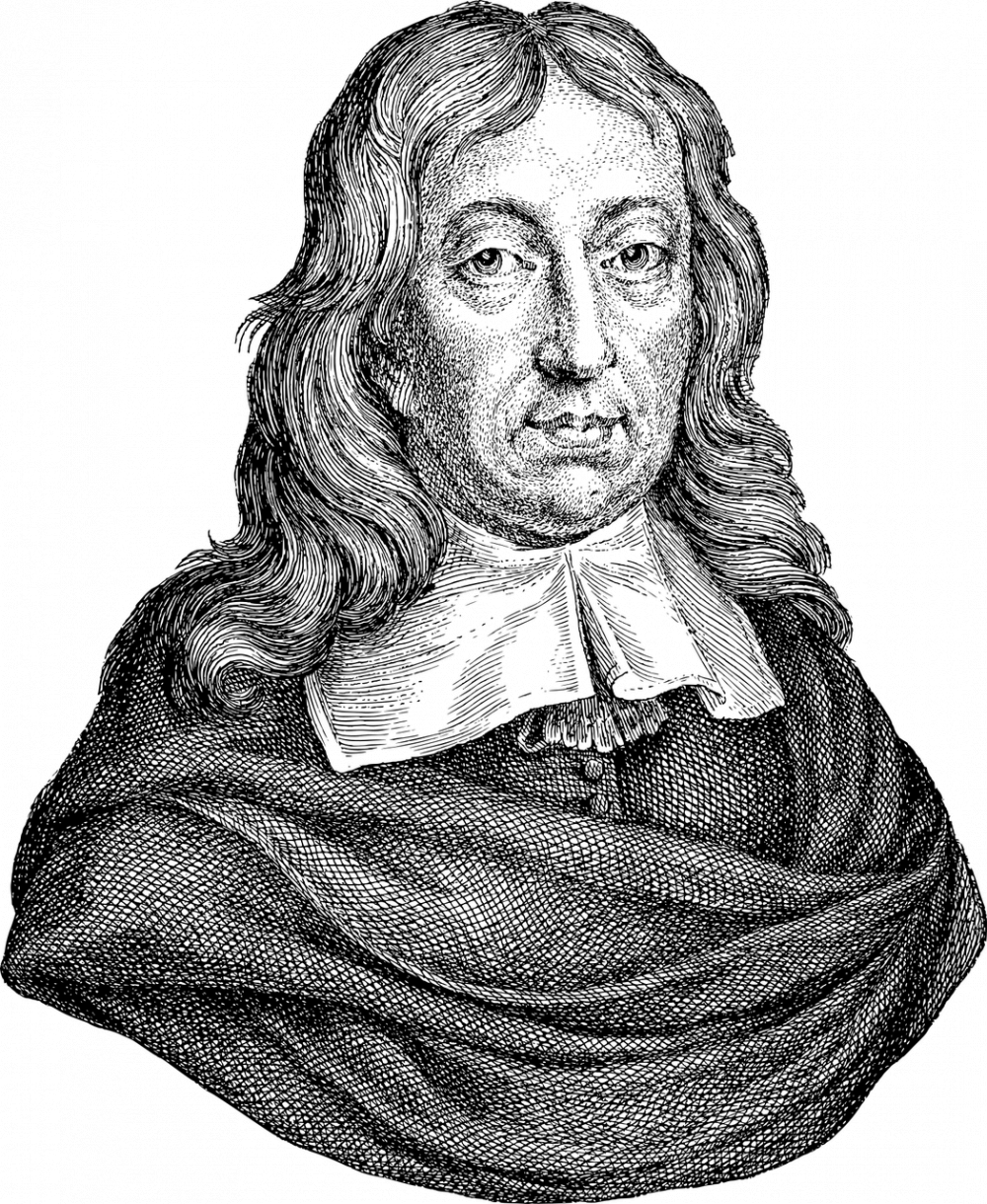Edgar Allan Poe: The Unparalleled Master of Gothic Literature

Introduction:
Edgar Allan Poe is widely regarded as one of the most influential and significant figures in American literature. Born on January 19, 1809, in Boston, Massachusetts, Poe’s works continue to fascinate readers with their dark and mysterious themes. His writing style and imaginative storytelling have left an indelible mark on the realm of literature, making him a beloved and timeless figure.
The Life and Legacy of Edgar Allan Poe:

Poe’s tumultuous life, fraught with tragedy and hardship, undoubtedly influenced his writing. After the early death of his parents, Poe was taken in by John Allan, a wealthy tobacco merchant. However, their relationship was strained, and Poe’s upbringing was punctuated by clashes with his foster father.
Despite facing financial difficulties and personal strife, Poe’s talent for writing shone through. He published his first collection of poems, “Tamerlane and Other Poems,” at the age of 18. Throughout his life, Poe experienced various setbacks and struggles, including poverty, alcoholism, and the loss of loved ones. However, these hardships undoubtedly contributed to the hauntingly beautiful and melancholic nature of his works.
Poe’s Evolution Over Time:
Poe’s literary career can be roughly divided into three distinct phases: Early Works, Romanticism, and Gothic Fiction.
1. Early Works: During this period, Poe focused primarily on poetry. His early poems, such as “The Raven” and “Annabel Lee,” showcase his vehement emotions and explore themes of love, death, and despair. With their lyrical and musical qualities, these poems cemented Poe’s status as a master of poetic expression.
2. Romanticism: The Romantic era marked a turning point in Poe’s writing. He began to experiment with different genres and expanded his literary repertoire. The short story became his preferred medium, allowing him to delve into the depths of human psychology and explore the macabre. Some notable works from this period include “The Fall of the House of Usher” and “The Tell-Tale Heart,” which captivated readers with their chilling narratives and psychological intensity.
3. Gothic Fiction: Poe’s later works epitomize the essence of Gothic fiction. He delved into the realms of horror, suspense, and the supernatural, crafting tales that continue to awe and terrify readers to this day. Stories like “The Masque of the Red Death” and “The Pit and the Pendulum” showcase Poe’s unrivaled ability to create an eerie atmosphere, filled with dread and unease. His exploration of the human psyche, coupled with his gift for suspenseful storytelling, solidified his reputation as the unparalleled master of Gothic literature.
[INSERT VIDEO HERE]
The Impact and Legacy of Edgar Allan Poe:
Poe’s writings have had a profound impact on subsequent generations of writers and artists. His influence can be seen in various genres, including detective fiction, horror, and science fiction. Authors such as H.P. Lovecraft, Arthur Conan Doyle, and Stephen King have all acknowledged Poe as a significant inspiration.
Furthermore, Poe’s dark and introspective themes continue to resonate with readers today. His examination of the human condition, the fragility of the mind, and the existence of the supernatural speaks to our deepest fears and desires. Through his unique blend of horror, poetry, and psychological exploration, Poe has succeeded in captivating audiences across generations.
In conclusion, Edgar Allan Poe’s enduring legacy as a literary icon remains unmatched. His ability to evoke intense emotions, create chilling atmospheres, and explore the depths of human psychology has solidified his status as an unparalleled master of Gothic literature. Through his dark tales and haunting poetry, Poe continues to captivate and intrigue readers, ensuring that his literary genius will be celebrated for generations to come.